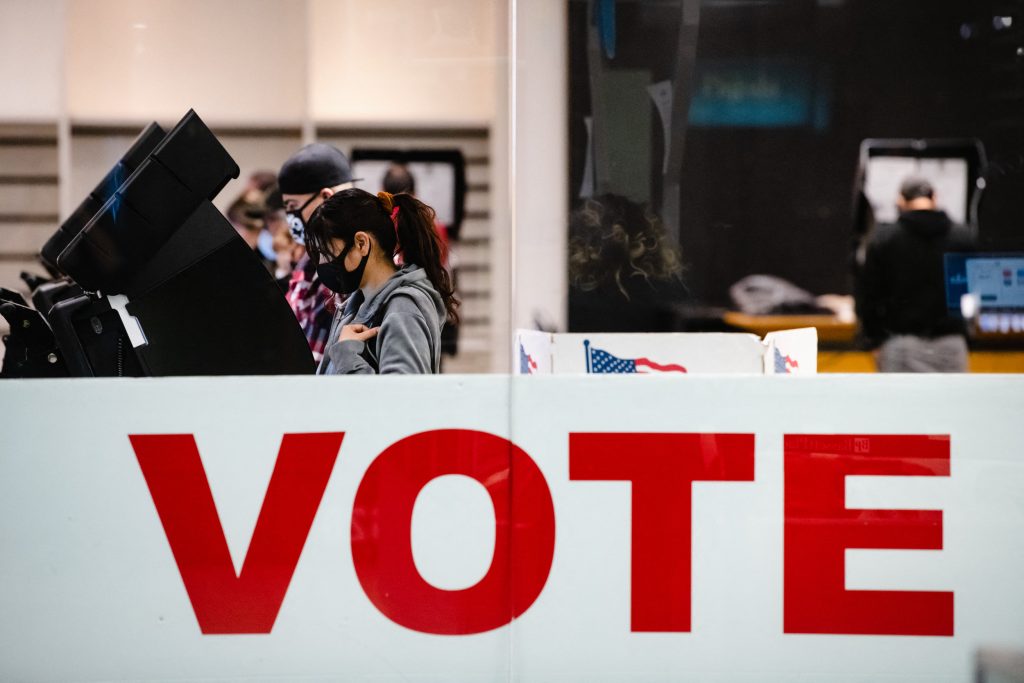Conservatives in Texas are challenging the eligibility of tens of thousands of people currently registered on the state’s voter database. Republicans, who have been focusing heavily on election integrity since the 2020 presidential election, claim that voter fraud led to their loss. According to an investigation by Votebeat, more than 10,000 individuals each in Tarrant, Collin, and Hayes counties have had their eligibility challenged, with just one person challenging 12,000 voters in Travis County. The Republican National Committee has been recruiting activists to serve as poll workers, station monitors, and attorneys in a bid to fight electoral fraud.
Thousands of voter registration challenges have been received in several Texas counties, including Denton, Tarrant, Brazos, Hays, Travis, and Collin, since June. Those making the challenges claim that the registered voters are ineligible for various reasons, such as not being U.S. citizens, not living in the county they are registered in, or having passed away. The challenges are mainly related to the residency of the registered voter, with some also suspected of registering commercial properties as their address. Each challenge triggers a process to check the voter’s eligibility, with election officials ensuring that the voter’s rights are protected throughout the process.
Campaign group True the Vote, based in Houston, has been playing a key role in challenging voter registrations in Texas and beyond. The group uses an online tool called IV3 to match U.S. Postal Service change of address records to voter data to identify potentially illegitimate registrations. True the Vote previously mounted a challenge to the eligibility of voters in Georgia before the dual Senate runoff elections in 2021. However, their efforts were criticized by a district court judge for lacking reliability and proper quality control. True the Vote claims on its website that its goal is to ensure free and fair elections in America.
In Virginia, Governor Glenn Youngkin, a Republican, claimed that the state had removed over 6,000 non-citizens from its electoral rolls since he took office in January 2022. Non-citizens are not allowed to vote in federal or state elections but can participate in some local contests. Concerns over cyber breaches in the 2024 presidential race have been growing, with reports of emails from an anonymous account containing documents from inside Trump’s operation raising alarms. The role of cybersecurity in ensuring the integrity of future elections has become a critical issue.
Despite claims of voter fraud and challenges to voter registrations, the allegations made by Republicans regarding electoral integrity have been repeatedly rejected in court and by independent experts. As the focus on election integrity continues to rise, the need for transparent and secure voting processes becomes increasingly important. While challenges to voter eligibility are part of ensuring the integrity of the electoral system, it is crucial that the rights of eligible voters are protected throughout the process. The role of organizations like True the Vote in challenging voter registrations highlights the ongoing debate over the balance between preventing fraud and safeguarding voting rights.












